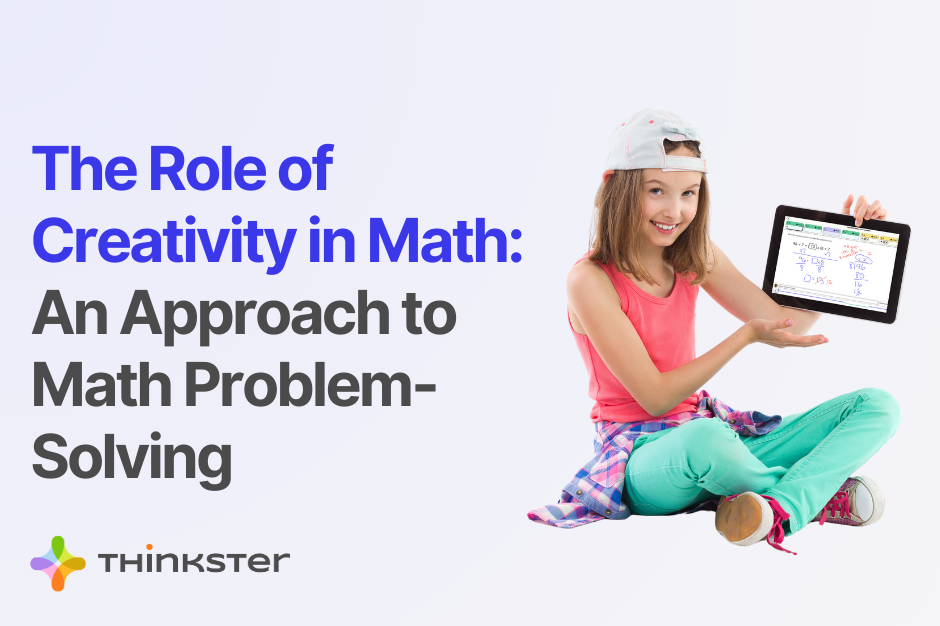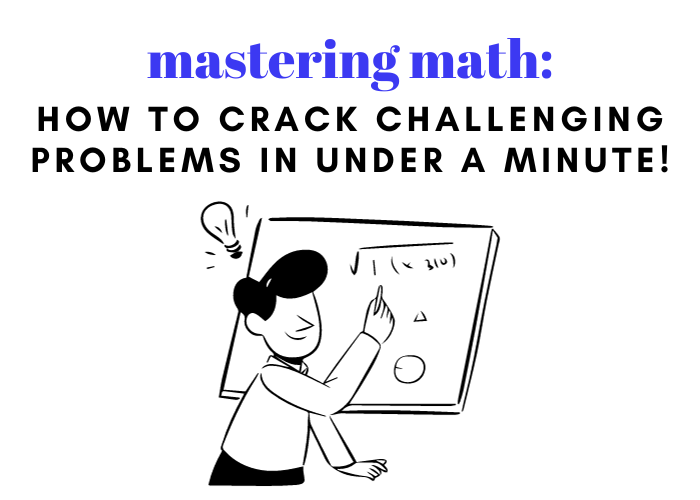

Last Updated on August 31, 2021
In an effort to create a more rigorous curriculum, especially with the advent of Common Core, many elementary and middle schools have turned to accelerated math programs. Typically, these initiatives ramp up the level of math instruction above grade level to expose higher-achieving students to more advanced concepts and at a much faster pace. At the same time, other “average” math students are also being presented with advanced topics, but with this material being presented at a slower pace. Accelerated math programs have their proponents … and their critics.
Most American educators, policymakers, and parents generally agree that the state of math instruction in this country needs improvement. Accelerated math programs are seen as a means of achieving that improvement. After all, if American students are lagging behind other developed nations in math scores, wouldn’t challenging our kids to learn more at earlier grades be beneficial in closing that gap?
However, some parents in the Hinsdale-Clarendon Hills School District in suburban Chicago recently complained that its accelerated math program was creating a detrimental effect on their students’ self-esteem. They, and many other parents nationwide believe that children who aren’t at the level that the curriculum calls for are being made to feel inferior to the kids who can handle advanced math.
The Future of Math Instruction?
Unfortunately for parents, there isn’t much data yet on whether accelerated math programs do lead to better test scores and increased proficiency for American students. In the meantime, the problem—at least anecdotally—with math acceleration, is that while it may engage some students to learn at an advanced rate, kids who are struggling with their current grade-level math are now being asked to master the next level. Children who hate math are at risk of hating it even more if their classes are delving into algebra while they are still trying to figure out multiplication.
The counterpoint to the self-esteem argument is that some students undeniably thrive with an accelerated math program and will have an edge when they get to high school.
The solution would seem to be personalizing the instruction to match the student, but cash-strapped school districts seeking better achievement scores by switching to accelerated math programs may find that targeting their intervention strategies at students who demonstrate low test scores in these advanced topics is more cost-effective.
The debate will continue, at least until more data is available on the success or failure of accelerated math programs, and especially as Common Core takes hold. Until then, parents whose children are struggling with advanced math can take steps to help their kids’ self-esteem. Talk to their teachers to find out what the students are learning, what they will be learning throughout the school year, and how you can help your children keep pace. If your child’s teacher has concerns about learning gaps, choose a tutoring program that takes an innovative approach to math so that the instruction doesn’t feel like school.
Finally, if you don’t like the direction your school district is going with its math curriculum, don’t be silent. Take the initiative like the suburban Chicago parents did: Attend and speak up at school board meetings; volunteer to be a parent representative on curriculum committees, and find out what other parents are thinking. Ultimately, you are your child’s best advocate.
Has your children’s school turned to an accelerated math program? Share their story in the comment section.



